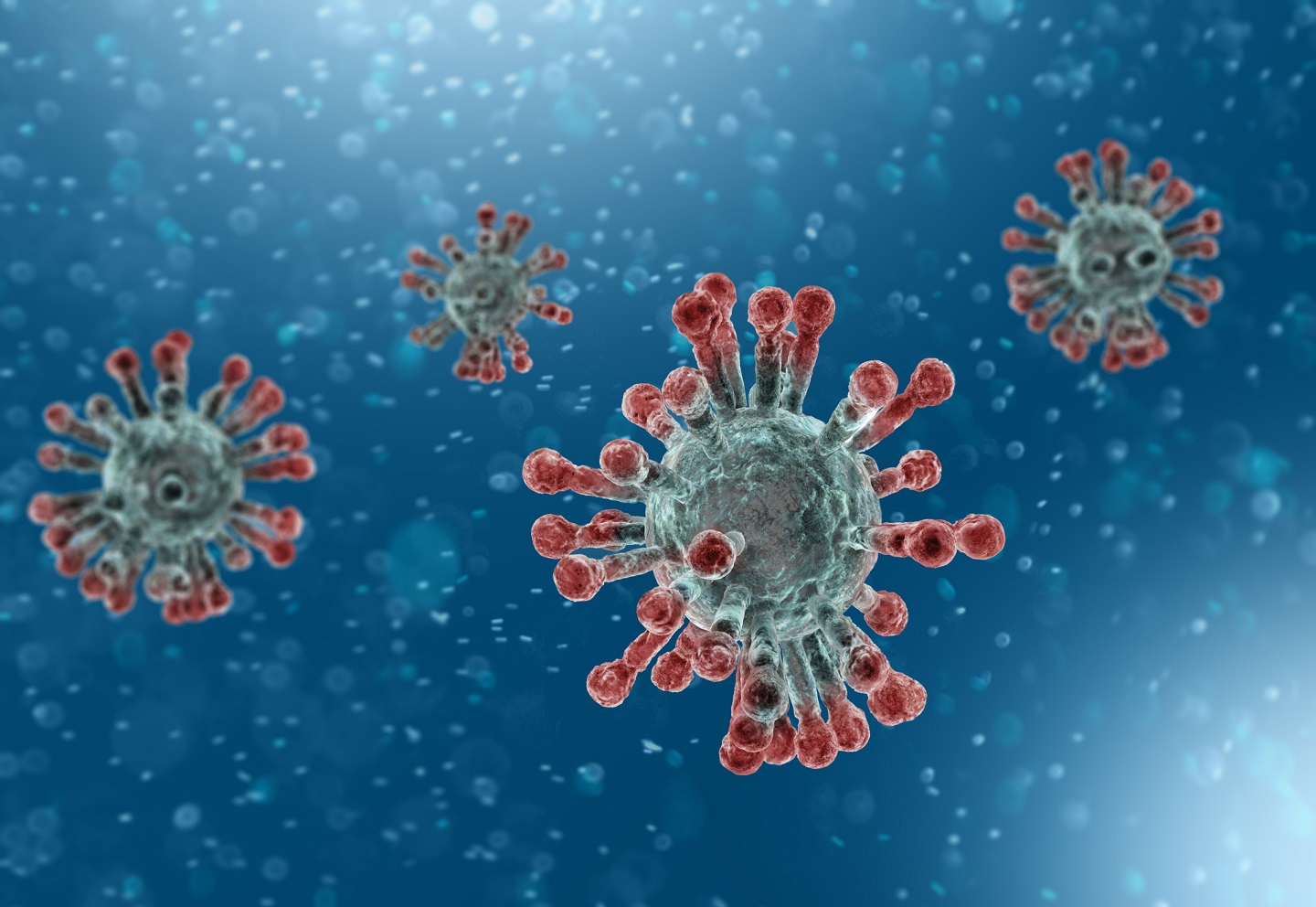
7 questions to ask about your organization's readiness for the COVID-19 crisis
The COVID-19 is presenting virtually all organizations with unforeseen challenges. Is your organization ready to meet them?
Here are 7 questions to ask:
- Are you ready to shift to “war-fighting mode”? Decentralized organizations—which operate well in normal times—often prove to be woefully in adequate in times of crisis. Why? Because their responses tend to be piecemeal and incoherent. Effective crisis management demands rapid, centralized responses and this, in turn, requires clear lines of command. Think of it as the ability to shift into what the military terms “war-fighting mode.” This means you should have a centralized command structure ready to be activated in times of crisis, including a designated crisis manager and a supporting response team who function as the crisis manager’s staff.
- Have you developed the right set of planning scenarios? It’s essential to create a set of crisis scenarios that guide the development and execution of response plans. In the case of the COVID-19, this should include scenarios concerning potential impacts on customers, suppliers, facilities, and employees. This need not be an exhaustive list of everything that possibly could happen, but it should represent a broad range of potential emergency situations that your organization plausibly could face, for example an outbreak in a company facility or the closure of a key supplier’s factory.
- Do you have a flexible set of “response modules”? Crisis response teams should be able to pull combinations of pre-set response “modules” off the shelf to deal with emerging scenarios. This could include protocols, for example, for temporary closure of a facility. Modularizing the elements of a crisis response plan provides the response team with the flexibility rapidly to deal with unexpected scenarios or combinations of scenarios. This is important because real crises rarely evolve as you expect them to.
If response options aren’t flexible, novel events or combinations of events can yield ineffective or “brittle” responses.
- Has a “war room” been identified and prepared with the necessary resources? This means having a designated command post in a discrete, secure location that can be rapidly converted for use by the crisis response team. Requirements include access to computer systems and key lines of communication, contact information for key internal and external stakeholders, crisis management plans, etc. There also should be ready access to critical resource stocks to be tapped if necessary. Examples include backup power generation, modest reserves of food and water, and medical supplies. Agreements should also be negotiated with external agencies to provide specific resources in time of crisis, for example augmented communications support.
- Are there designated communication channels and protocols? These are easily-activated channels for reaching all or important subsets of employees, for example through use of email or intranets to make announcements. To the extent possible, there should be redundancy in these channels in case of loss, for example, of the mobile network. To speed things up, generic draft messages can be composed in advance. Depending on the organization, there should be mechanisms for rapidly locating key staff (e.g. “check in” web pages, call-in lines).
- Do you conduct regular simulation exercises? The best plans are worthless if they exist only on paper. There needs to be regular (at least biannual) exercises conducted by the crisis response team, as well a regular testing of communication channels, inventorying of resources, etc. These tests should be done regularly, but not communicated in advance in order to test speed of response.
- Is there disciplined post-crisis review? Each crisis provides an opportunity for organizational learning to occur and plans to be revised. But this learning only occurs if the mechanisms are in place to make it happen. A post-crisis review should be conducted by the crisis response team after each significant event. The guiding questions should be: what went well and what went poorly? What are the key lessons learned? What changes do we need to make to our organization, procedures, and support resources?
Research Information & Knowledge Hub for additional information on IMD publications
Last week, a notification flashed. “Add your email address for extra security,” my phone chirped. It was from WhatsApp. I stared at the screen, a single question forming in my mind: Security? Or surveillance? I tapped “No.” The feeling wasn’t ange...
Conversations matter. They are how people connect, share ideas, stimulate progress, and make sense of the world. They are essential to being human and to humankind. In business, leaders need to manage conversations daily; indeed, talking is talkin...
Research Information & Knowledge Hub for additional information on IMD publications
Research Information & Knowledge Hub for additional information on IMD publications
Research Information & Knowledge Hub for additional information on IMD publications
in I by IMD
Research Information & Knowledge Hub for additional information on IMD publications
Research Information & Knowledge Hub for additional information on IMD publications
Research Information & Knowledge Hub for additional information on IMD publications
in I by IMD
Research Information & Knowledge Hub for additional information on IMD publications
Research Information & Knowledge Hub for additional information on IMD publications
in I by IMD
Research Information & Knowledge Hub for additional information on IMD publications
in Developing Leaders June 2025, issue 47, pp. 151-175
Research Information & Knowledge Hub for additional information on IMD publications







